Bill Ackman: the billionaire who bet big on viral doom
Bill Ackman of hedge fund Pershing Square saw trouble coming early and placed a punt on the stockmarket outcome. His huge win may be followed by a second one.
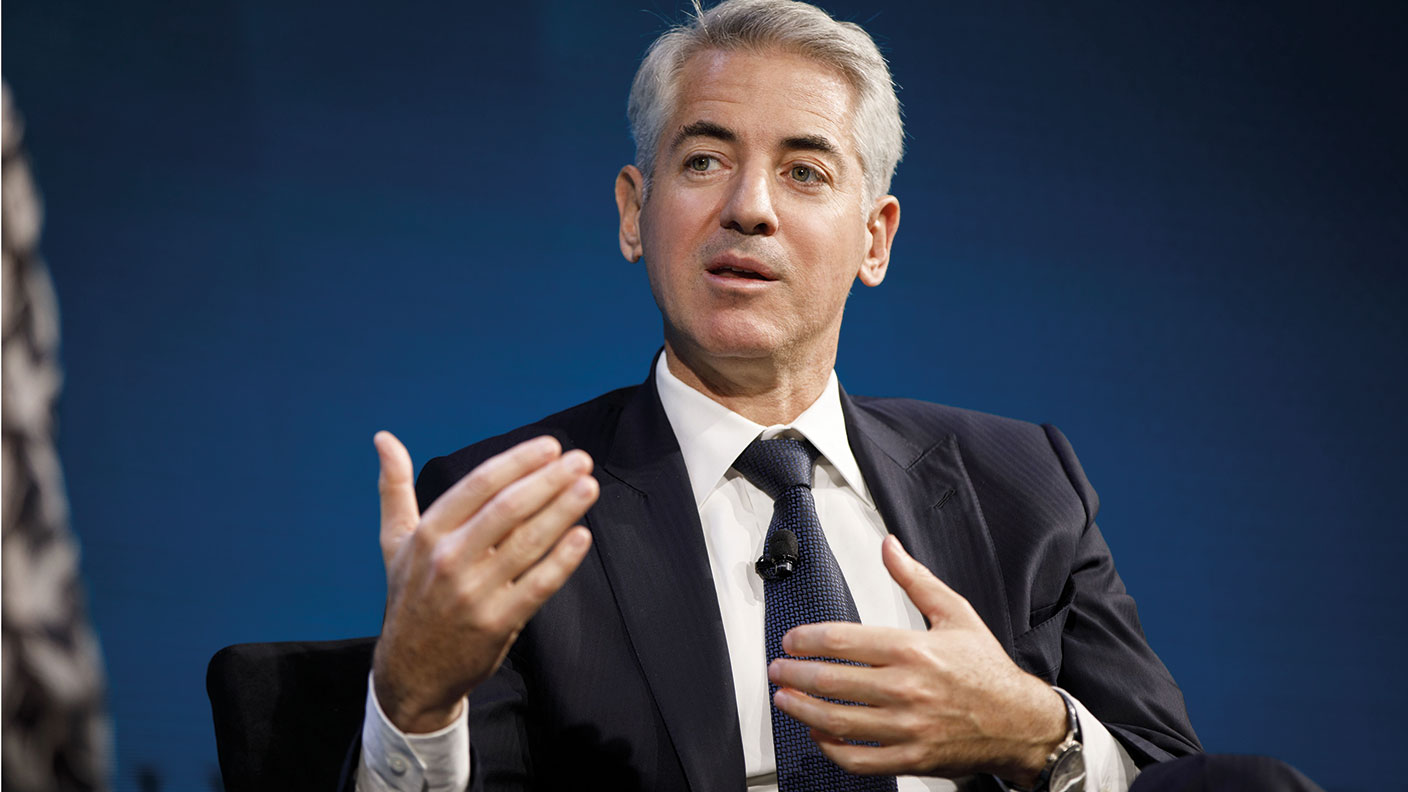
Get the latest financial news, insights and expert analysis from our award-winning MoneyWeek team, to help you understand what really matters when it comes to your finances.
You are now subscribed
Your newsletter sign-up was successful
Want to add more newsletters?
“Hell is coming,” Bill Ackman, the billionaire manager of hedge fund Pershing Square, told millions of Americans in a 28-minute, near-hysterical TV interview at the onset of the market meltdown in mid-March. He said the US had underestimated the severity of a virus that would kill millions and devastate the global economy.
Even as he spoke, that prediction was netting Ackman a $2.6bn fortune, says The Guardian. Having “quietly placed a bet that stockmarkets would tank”, his doom-mongering on CNBC – in which he revealed he had evacuated his family and colleagues from New York – was later described by Forbes as “the billionaire interview that tanked the stockmarket”. Within the week, Ackman had made a near 10,000% return on his $27m investment in “credit protection” hedges. He used the gains to buy “the shares we love at bargain prices”.
A reputation destroyed
It might not have looked pretty to anyone who had lost their job or seen their savings shrivel. But in the market, Ackman’s one-two was met with admiring speculation that the silver-haired maestro could be on course for “a second win”, says the Financial Times. Having pumped the cash into stakes in big US names (Hilton, Starbucks) at knockdown prices, Ackman was positioned to profit handsomely from a swift rebound.
Try 6 free issues of MoneyWeek today
Get unparalleled financial insight, analysis and expert opinion you can profit from.

Sign up to Money Morning
Don't miss the latest investment and personal finances news, market analysis, plus money-saving tips with our free twice-daily newsletter
Don't miss the latest investment and personal finances news, market analysis, plus money-saving tips with our free twice-daily newsletter
Ackman, of course, was hardly lacking in the readies already. Before the crisis, Forbes estimated his net worth at about $1.3bn, says Business Insider. Raised in the wealthy New York suburb of Chappaqua, the son of the boss of one of New York’s premier real-estate firms, Ackman enjoyed an upper-crust education, culminating in an MBA from Harvard. Shortly after graduating in 1992 he founded Gotham Partners at the age of 26. The investment firm was “successful”, but in 2002 he wound it down, citing a series of lawsuits. The following year he was investigated by the New York State Attorney General over Gotham’s trading practices. No charges were ever filed, but the experience was bruising, he told The Minneapolis Star Tribune in 2008. “People look at you funny. I learned that it takes a lifetime to built a reputation and someone can destroy it in a few days.”
Back in the limelight
Undeterred, he went on to establish Pershing Square Capital with $54m of investment. The fund – which now has more than $8bn under management – has thrived on the back of his sometimes “controversial” moves, says the FT, recording annual investment gains of 14.5%. The coronavirus hedge marked the first time Pershing Square had wagered in credit default swaps since the financial crisis. “At first glance, it was an unusual move for an activist investor who made his fortune taking big bets on equities, then loudly and publicly defending his point of view.” But the scale of the latest trade bears “the hallmark of an investor whose career has turned on a small number of large bets”. They haven’t always gone to plan. Pershing lost almost $2bn on US retailer Target when an activist campaign waged by Ackman “fizzled out”. He was later “wrong-footed” by big bets on the pharmaceutical company Valeant and the marketing firm Herbalife.
“Those setbacks prompted Ackman to step back from the public eye,” says the FT. But now Pershing Square’s biggest and best trade has left him in a familiar position: centre stage and resolutely bullish about the stocks he thinks you should buy.” He must relish being back in the limelight.
Get the latest financial news, insights and expert analysis from our award-winning MoneyWeek team, to help you understand what really matters when it comes to your finances.
Jane writes profiles for MoneyWeek and is city editor of The Week. A former British Society of Magazine Editors (BSME) editor of the year, she cut her teeth in journalism editing The Daily Telegraph’s Letters page and writing gossip for the London Evening Standard – while contributing to a kaleidoscopic range of business magazines including Personnel Today, Edge, Microscope, Computing, PC Business World, and Business & Finance.
-
 Three Indian stocks poised to profit
Three Indian stocks poised to profitIndian stocks are making waves. Here, professional investor Gaurav Narain of the India Capital Growth Fund highlights three of his favourites
-
 UK small-cap stocks ‘are ready to run’
UK small-cap stocks ‘are ready to run’Opinion UK small-cap stocks could be set for a multi-year bull market, with recent strong performance outstripping the large-cap indices
-
 VICE bankruptcy: how did it happen?
VICE bankruptcy: how did it happen?Was the VICE bankruptcy inevitable? We look into how the once multibillion-dollar came crashing down.
-
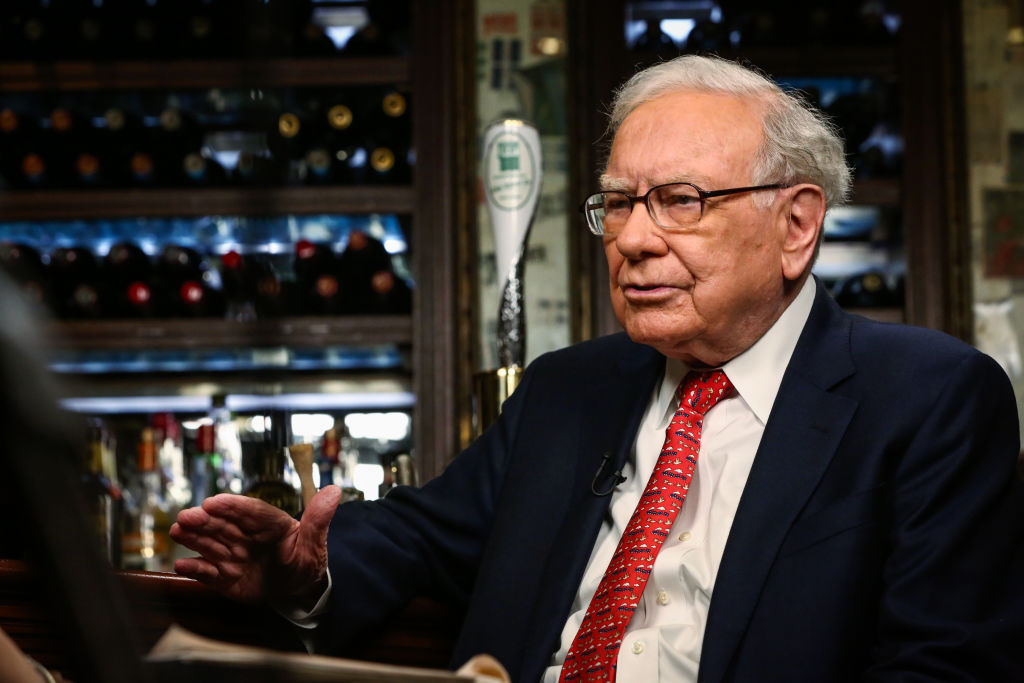 What is Warren Buffett’s net worth?
What is Warren Buffett’s net worth?Warren Buffett, sometimes referred to as the “Oracle of Omaha”, is considered one of the most successful investors of all time. How did he make his billions?
-
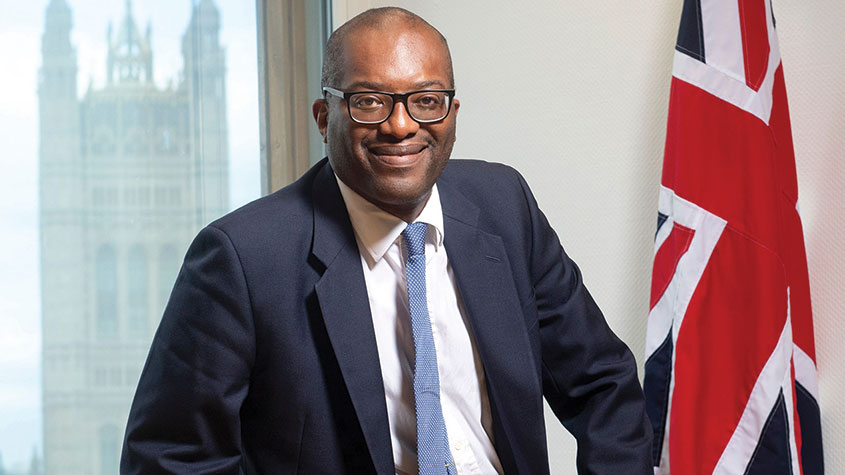 Kwasi Kwarteng: the leading light of the Tory right
Kwasi Kwarteng: the leading light of the Tory rightProfiles Kwasi Kwarteng, who studied 17th-century currency policy for his doctoral thesis, has always had a keen interest in economic crises. Now he is in one of his own making
-
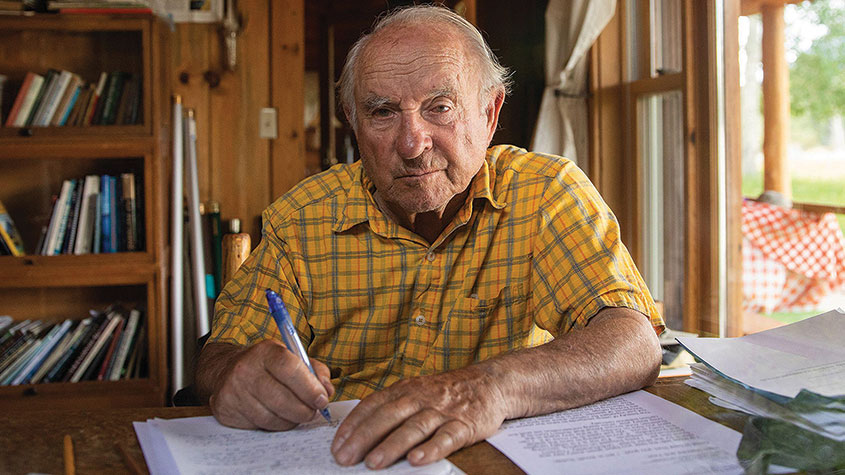 Yvon Chouinard: The billionaire “dirtbag” who's giving it all away
Yvon Chouinard: The billionaire “dirtbag” who's giving it all awayProfiles Outdoor-equipment retailer Yvon Chouinard is the latest in a line of rich benefactors to shun personal aggrandisement in favour of worthy causes.
-
 Johann Rupert: the Warren Buffett of luxury goods
Johann Rupert: the Warren Buffett of luxury goodsProfiles Johann Rupert, the presiding boss of Swiss luxury group Richemont, has seen off a challenge to his authority by a hedge fund. But his trials are not over yet.
-
 Profile: the fall of Alvin Chau, Macau’s junket king
Profile: the fall of Alvin Chau, Macau’s junket kingProfiles Alvin Chau made a fortune catering for Chinese gamblers as the authorities turned a blind eye. Now he’s on trial for illegal cross-border gambling, fraud and money laundering.
-
 Ryan Cohen: the “meme king” who sparked a frenzy
Ryan Cohen: the “meme king” who sparked a frenzyProfiles Ryan Cohen was credited with saving a clapped-out videogames retailer with little more than a knack for whipping up a social-media storm. But his latest intervention has backfired.
-
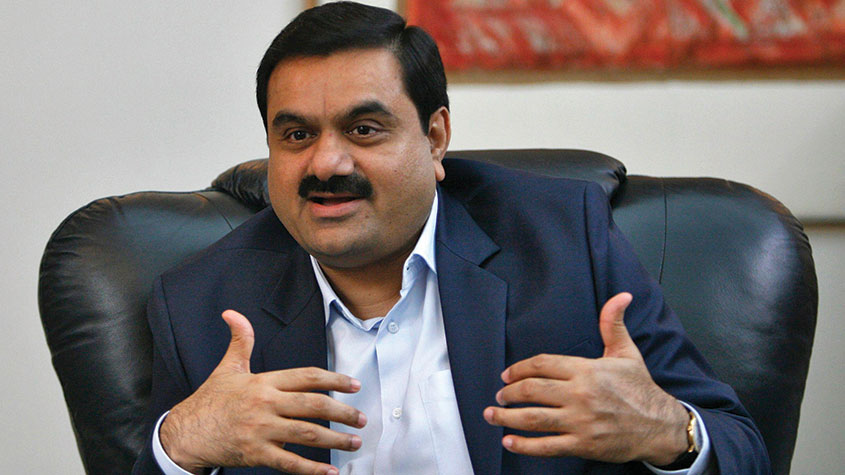 The rise of Gautam Adani, Asia’s richest man
The rise of Gautam Adani, Asia’s richest manProfiles India’s Gautam Adani started working life as an exporter and hit the big time when he moved into infrastructure. Political connections have been useful – but are a double-edged sword.